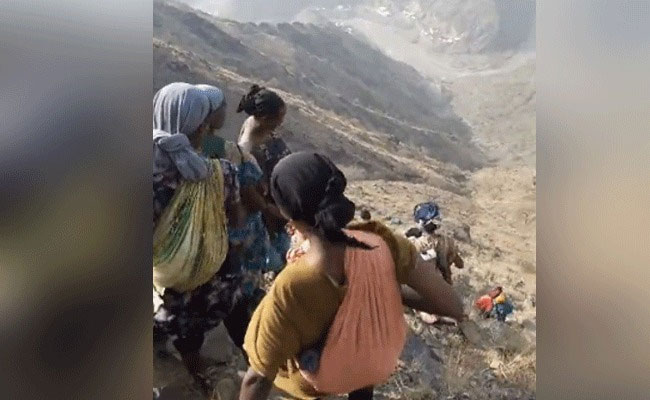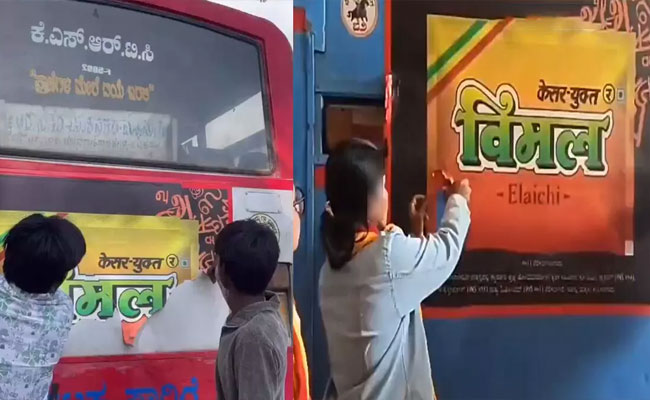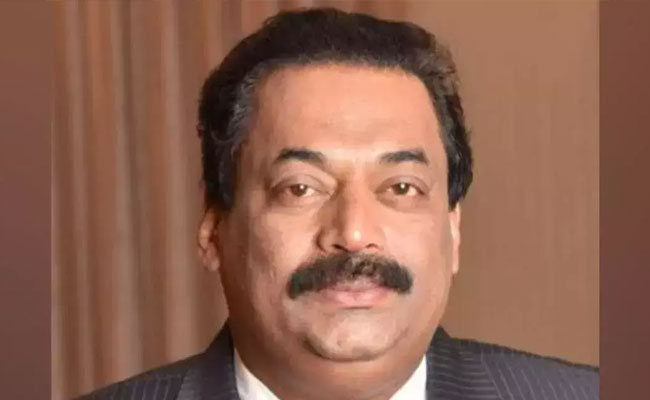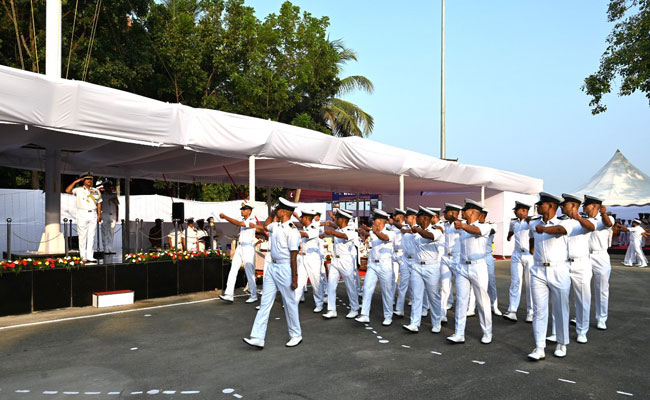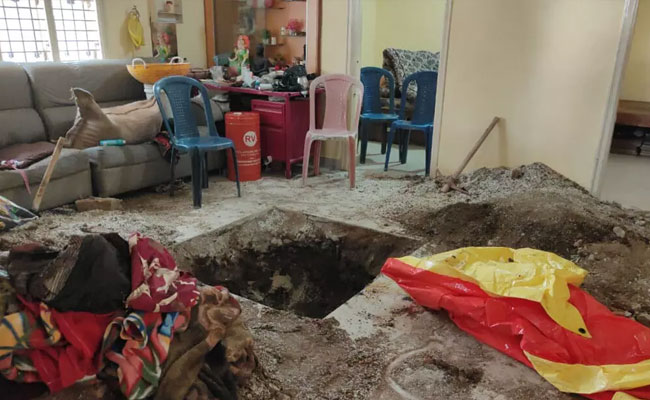Dubai (AP): Border guards in Saudi Arabia have fired machine guns and launched mortars at Ethiopians trying to cross into the kingdom from Yemen, likely killing hundreds of the unarmed migrants in recent years, Human Rights Watch said in a report released on Monday.
The rights group cited eyewitness reports of attacks by troops and images that showed dead bodies and burial sites on migrant routes, saying the death toll could even be "possibly thousands".
The United Nations has already questioned Saudi Arabia about its troops opening fire on the migrants in an escalating pattern of attacks along its southern border with war-torn Yemen. Saudi officials did not respond to requests for comment from The Associated Press, but has previously denied its troops killed migrants.
Yemen's Houthi rebels, who allegedly make tens of thousands of dollars a week smuggling migrants over the border, also did not respond to requests for comment.
Some 750,000 Ethiopians live in Saudi Arabia, with as many as 450,000 likely having entered the kingdom without authorization, according to 2022 statistics from the International Organisation for Migration. The two-year civil war in Ethiopia's northern Tigray region displaced tens of thousands of people.
Saudi Arabia, struggling with youth unemployment, has been sending thousands back to Ethiopia in concert with Addis Abba.
Human Rights Watch said it spoke to 38 Ethiopian migrants and four relatives of people who attempted to cross the border between March 2022 and June 2023 who said they saw Saudi guards shoot at migrants or launch explosives at groups.
The report said the group also analysed over 350 videos and photographs posted to social media or gathered from other sources filmed between May 12, 2021, and July 18, 2023. It also examined several hundred square kilometers (miles) of satellite imagery captured between February 2022 and July 2023.
"These show dead and wounded migrants on the trails, in camps and in medical facilities, how burial sites near the migrant camps grew in size, the expanding Saudi Arabian border security infrastructure, and the routes currently used by the migrants to attempt border crossings," the report said.
An April 27 satellite photo from Planet Labs PBC analysed by the AP showed the same tent structures identified by the rights group near al-Raqw, Yemen, on the Saudi border. Two sets of fence lines could be seen just across the border into Saudi Arabia.
The site Human Rights Watch identified as the migrant camp at Al-Thabit also could be seen in satellite images, which corresponded to the group's narrative that the camp largely had been dismantled in early April.
Both areas are in northwestern Yemen, the stronghold of the country's Houthi rebels. The UN has said that the Houthi-controlled immigration office "collaborates with traffickers to systematically direct migrants" to Saudi Arabia, bringing in USD 50,000 a week.
The Houthis have held Yemen's capital, Sanaa, since September 2014. A Saudi-led coalition has battled the Houthis since March 2015, without dislodging them from the capital. Fighting has largely halted between the Saudi-led forces and the Houthis as Riyadh seeks a way to end the war.
However, throughout the war years, the Houthis claimed multiple incursions across the Saudi border in this mountainous region.
Migrants from Ethiopia have found themselves detained, abused and even killed in Saudi Arabia and Yemen during the war. But in recent months, there has been growing concern from the UN human rights body about Saudi forces attacking migrants coming in from Yemen.
An October 3, 2022, letter to the kingdom from the UN said its investigators "received concerning allegations of cross-border artillery shelling and small arms fire allegedly by Saudi security forces causing the deaths of up to 430 and injuring 650 migrants".
"If migrants are captured, they are reportedly oftentimes subjected to torture by being lined up and shot through the side of the leg to see how far the bullet will go or asked if they prefer to be shot in the hand or the leg," the letter from the UN reads. "Survivors of such attacks reported having to play dead' for a period of time in order to escape."
A letter sent by Saudi Arabia's mission to the UN in Geneva in March said that it "categorically refutes" allegations that the kingdom carries out any "systematic" killings on the border. However, it also said the UN provided "limited information" so it could not "confirm or substantiate the allegations".
Let the Truth be known. If you read VB and like VB, please be a VB Supporter and Help us deliver the Truth to one and all.
Bengaluru: The Karnataka State Road Transport Corporation (KSRTC) has directed that all advertisements promoting the use of tobacco products, either directly or indirectly, be removed from its buses and bus stations within 15 days.
In an official release issued on Saturday, KSRTC Chief Traffic Manager (Commercial) S. Rajesh said that such advertisements should no longer be displayed on KSRTC buses, bus shelters, or at bus stations, including hoardings and glow sign boards.
The directive clearly states that no advertisements encouraging tobacco consumption, whether explicit or indirect, should be installed or exhibited on corporation property in the future.
Rajesh also instructed officials to issue notices to authorized license holders who have been permitted to install advertisement hoardings and glow sign boards at bus stations under the transport corporations. These license holders have been warned against promoting tobacco-related advertisements in any form.

